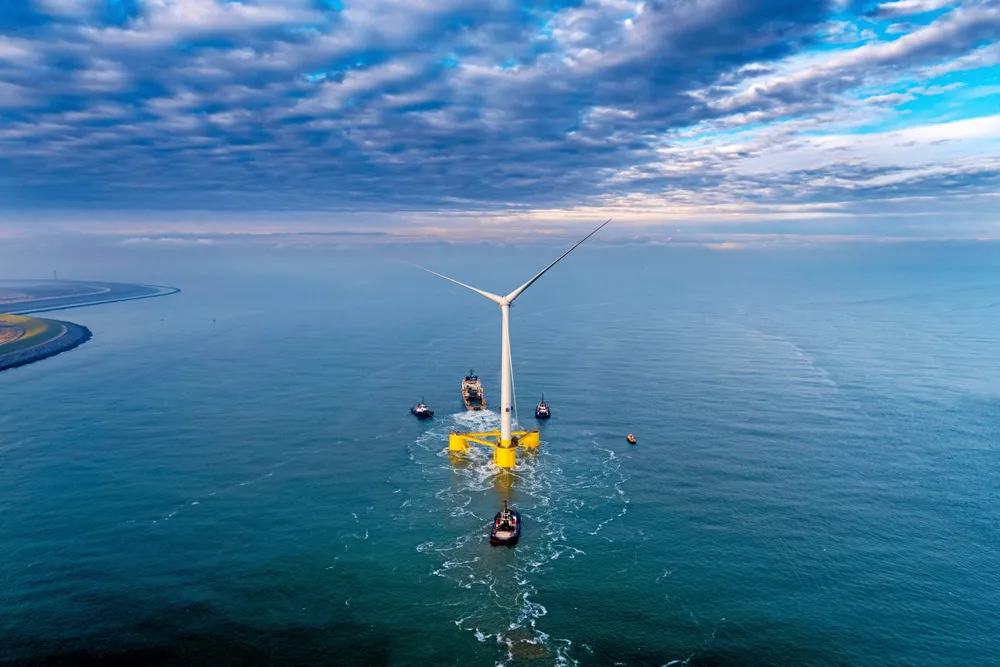Government greenlight clears TotalEnergies-led Welsh floating wind flagship for 2026 start-up
Blue Gem Wind consortium's 96MW Erebus project to lead off first phase of multi-gigascale offshore clean energy ambition in UK's Celtic Sea

Blue Gem Wind consortium's 96MW Erebus project to lead off first phase of multi-gigascale offshore clean energy ambition in UK's Celtic Sea
